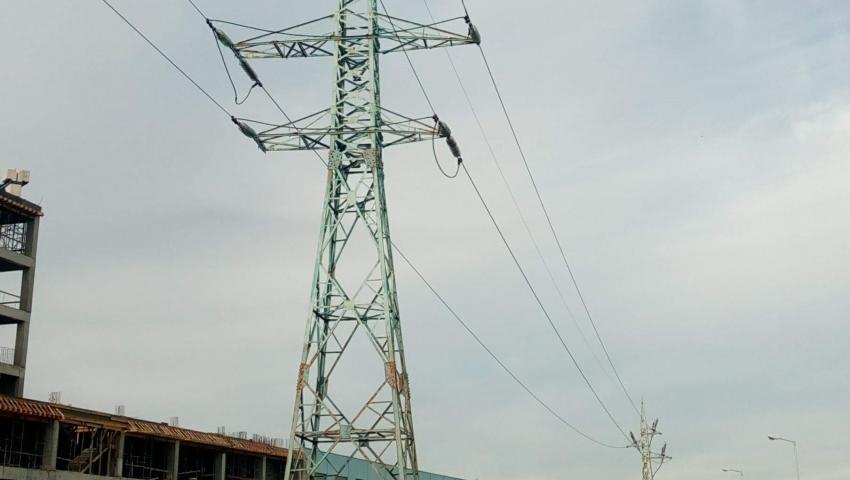Urgent investments in the electricity distribution network are needed
This will save 440,000-620,000 jobs a year in the EU, Monitor Delioitte estimates

European electricity distribution networks will need € 375-425 billion in investment by 2030 to prepare for the future, and that investment will save thousands of jobs. This shows the first analysis of the need for investment in EU electricity distribution networks, entitled "Connecting the dots: Distribution grid investment to power the energy transition", made by Euroelectric. in collaboration with E.DSO and the support of analysts from Monitor Deloitte.
The analysis shows that by the end of the decade, investment in networks should increase by 50-70% compared to the previous decade. Interest in electricity distribution networks has recently been growing due to the importance of the timely modernization of the continental electricity infrastructure. According to Euroelectric, electricity distribution networks are the backbone of the digital and energy transition, which all politicians recognize in their platforms as key to the prosperity of the population. It is the networks that are crucial for uninterrupted and reliable power supply and provide opportunities to provide new services to consumers. The future of the digital world will, in fact, depend on the reliable infrastructure through which electricity will reach smart appliances and digital systems.
Most investments, according to the analysis, should be made for the modernization of networks, because they are progressively aging. The survey finds that one third of networks in the EU are over 40 years old. By 2030, this share is expected to exceed 50%.
Although € 34-39 billion has to be invested in EU networks each year - 50-70% more than was invested in 2019 - politicians and regulators face the challenge of finding the right framework and tariff policy. relative to electricity prices and network services.
In addition, the social benefits in terms of sustainability, economy and competitiveness that the transition will bring will outweigh the economic effect of prices, experts say. They estimate the EU could save $ 175 billion a year on fossil fuel imports, reducing the union's average electricity costs by 28-37 billion euros in the long run.
The study shows that nearly 90% of investments, or 30-35 billion euros a year, can be absorbed by producers and service providers in the EU's internal market, which in turn will help the economy recover from the pandemic. Overall, investments in distribution networks can ensure that between 440,000 and 620,000 jobs per year are maintained in the EU-27 plus the UK.
"Investments in networks are urgently needed to make the energy transition and they have a huge potential for job creation. With the right decisions, we can turn the 1920s into the decade of the ERM, ”said Euroelectric Secretary General Christian Ruby.
However, the opinion of the experts strongly contrasts with the facts in Bulgaria. At the beginning of the year, the Institute for Energy Management warned that network prices in Bulgaria remain the lowest in the EU. At EUR 0.0256 / kWh, they are 3-4 times lower than in Belgium, Liechtenstein and Germany and 2 times lower than the EU-28 average. This fact persists despite the fact that every year the Bulgarian network operators - CEZ, EVN and Energo-Pro - insist that they be approved by the energy regulator EWRC larger investments in the networks. If the ever-increasing demands on networks do not find a solution in the coming decades through appropriate pricing and regulatory interventions, Bulgaria could lag far behind in the transition to a digital economy that politicians so generously promise. And obviously this could mean thousands of missed job opportunities in the post-pandemic economic recovery.
